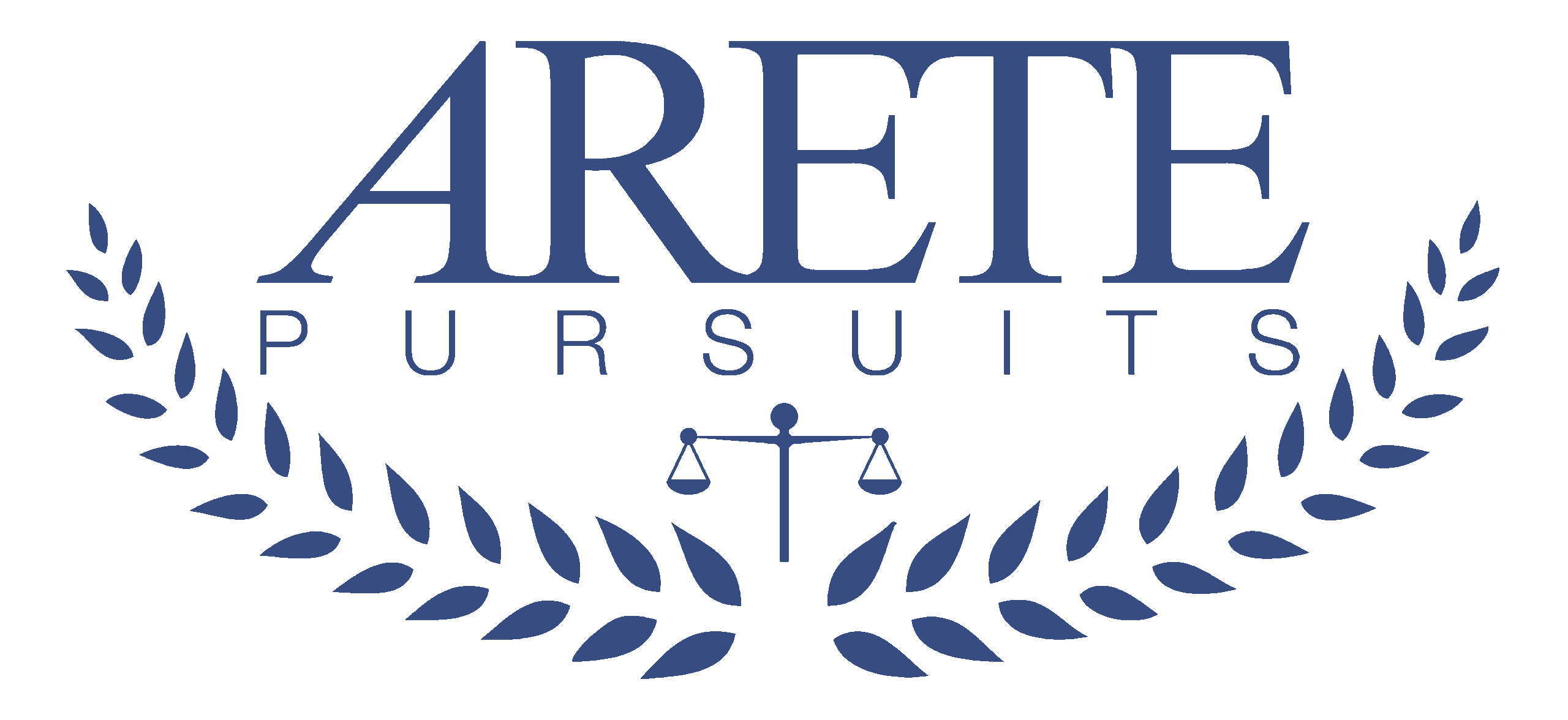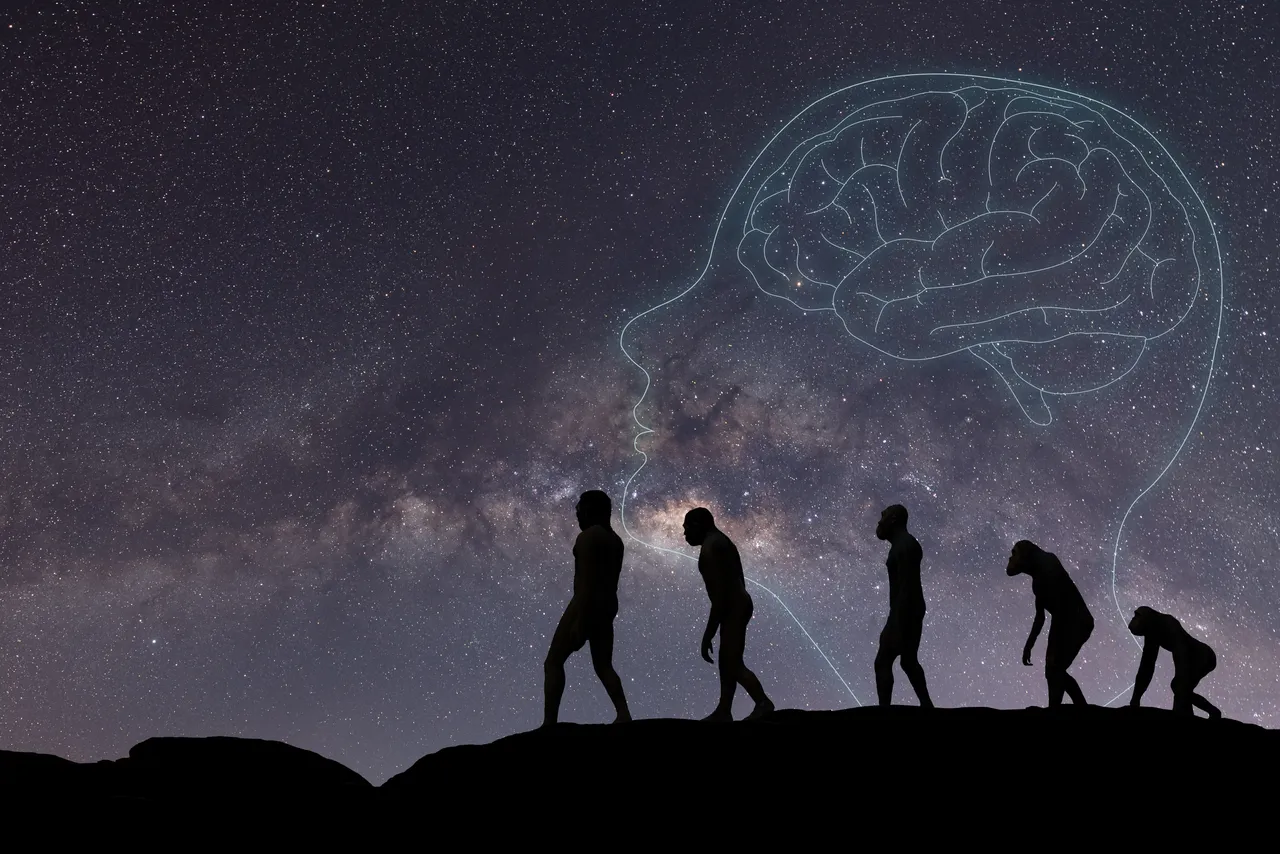One of the many exciting discoveries in my studies since launching my coaching practice is adult development theory. These models have opened a new level of awareness for me on my learning journey.
Today, we’ll explore one of the most popular models, from Robert Kegan, and see how this model can help us accelerate personal growth and evolution.
Five Stages of Development
Robert Kegan is a developmental psychologist. He taught at Harvard Graduate School of Education for forty years. He is most well-known for his work on adult development theory. Kegan identified five stages of development:
- Impulsive Mind (Early childhood). Characterized by a lack of self-awareness and control.
- Instrumental Mind (Adolescence, 6% of adults). Greater awareness and control. Focused on personal goals and objectives.
- Socialized Mind (58% of adults). Concerned with fitting in and being accepted by others.
- Self-Authoring Mind (35% of adults). Developing unique values and beliefs.
- Self-Transforming Mind (1% of adults). Ability to integrate diverse perspectives and adapt to complex situations.
Given that most of us fall into stages 3 and 4, we’ll focus our energy on stages three and higher. As we explore each stage, I encourage you to observe which aspects of each stage resonate with you and where you can focus your awareness to help move to the next stage.
The Socialized Mind
Here, individuals primarily rely on external authorities and norms to shape their beliefs and behaviors. People at this stage are more concerned with fitting in and being accepted by others. They are also more likely to be influenced by social norms and expectations. However, they may struggle to assert themselves or to challenge the status quo.
In a leadership context, team members at this stage may require clear directives and explicit guidelines. Effective leaders recognize the importance of setting well-defined expectations and providing consistent feedback. These are best practices for any leader. As you work with team members who grow out of this stage, you find that the Shared Background of Obviousness expands, enabling that team member to operate more autonomously and with less direct guidance from you.
At this stage, we may not be fully aware of our interpersonal relationships and how we interact with others. A powerful awareness exercise is to examine your relationships with others. Here are some questions for reflection at this stage:
- Where do I find myself seeking the approval of others?
- Why is that approval important to me?
- What are my unique values? How do these values differ from the values I acquired from my culture? My family? My company?
- Are there processes in place at my organization that I follow without thinking that should be questioned?
The Self-Authoring Mind
As individuals progress, they enter the “Self-Authoring Mind” stage. People start to take ownership of their beliefs and values at this level. They begin to question and critically evaluate external authority, seeking to define their own principles and objectives. They are also more independent and self-reliant. They can think for themselves and question authority.
Leaders can support team members in this stage by encouraging self-reflection and autonomy. Providing opportunities for independent decision-making fosters a sense of empowerment and personal growth. As your team members make this shift, it is a great time to shift your 1:1 interactions from mentoring to coaching.
At this stage, we have shifted from operating in a manner prescribed to us by the environment around us to one where we evaluate that environment and decide how best to navigate. We shape our values and beliefs. We adapt those systems and processes we inherited into new ones that best serve our unique situation.
There is tremendous power in shaping your own systems. As we look to progress beyond this stage to the final stage, we can expand our awareness by examining the other systems around us:
- What alternative systems do I see around me? These could be peers, competitors, or other successful companies in different industries.
- What could I learn from competing or conflicting systems to inform my own?
- What is the interdependence between people and organizations that is reflected in my decisions and actions?
- How does this decision affect the people around me?
- The people around those people? And the next group?
- I like to imagine the ripples from a drop of water in the pond, rippling out wider and wider. Then, I consider other drops in the pond and how those ripples interact when they come into contact.
The Self-Transforming Mind
The highest level in Kegan’s model, the “Self-Transforming Mind,” is characterized by a profound ability to integrate diverse perspectives and adapt to complex situations. Individuals at this stage demonstrate a deep appreciation for ambiguity and are adept at navigating conflicting viewpoints. People at this stage can see beyond their own needs and consider the needs of others. They can also learn from their mistakes and grow as individuals. They can see the world from multiple perspectives and work collaboratively with others to solve problems.
In a leadership role, creating an environment that fosters intellectual curiosity and encourages collaborative problem-solving is vital. Here, we not only seek out the perspective of others with an open mind, we bring our beginner’s mind to each conversation, expecting that we will find better ideas and answers from those around us than what we have already thought up on our own.
When we disagree, we seek to understand rather than to win the argument. I like to remind myself that everyone is at least 10% right. Where can I find common ground with this individual?
At this stage, we can ask ourselves questions like:
- What am I missing?
- How can I find a differing viewpoint to help me expand my perspective?
- Am I encouraging open dialogue between team members with differing opinions or beliefs? How can I encourage this more?
- How can I invest in my personal growth to increase my openness to other perspectives?
- How am I using my gifts and talents to make a difference in the world?
- How am I contributing to a greater good?
Putting It Into Practice
It is easy to get caught up in the model and focus on what stage you think you are at. I encourage you not to focus on the specific stage but to use these stages as tools to expand your awareness.
- Examine the Socialized Mind prompts and see what arises.
- Examine the Self-Authoring Mind prompts and see what arises.
- Examine the Self-Transforming Mind prompts and see what arises.
- Select one prompt that resonates and bring it fully into your awareness for the coming week. Spend five minutes daily in your Journal of Awareness, noting what you observe.
Want to comment? Join the conversation on LinkedIn.

